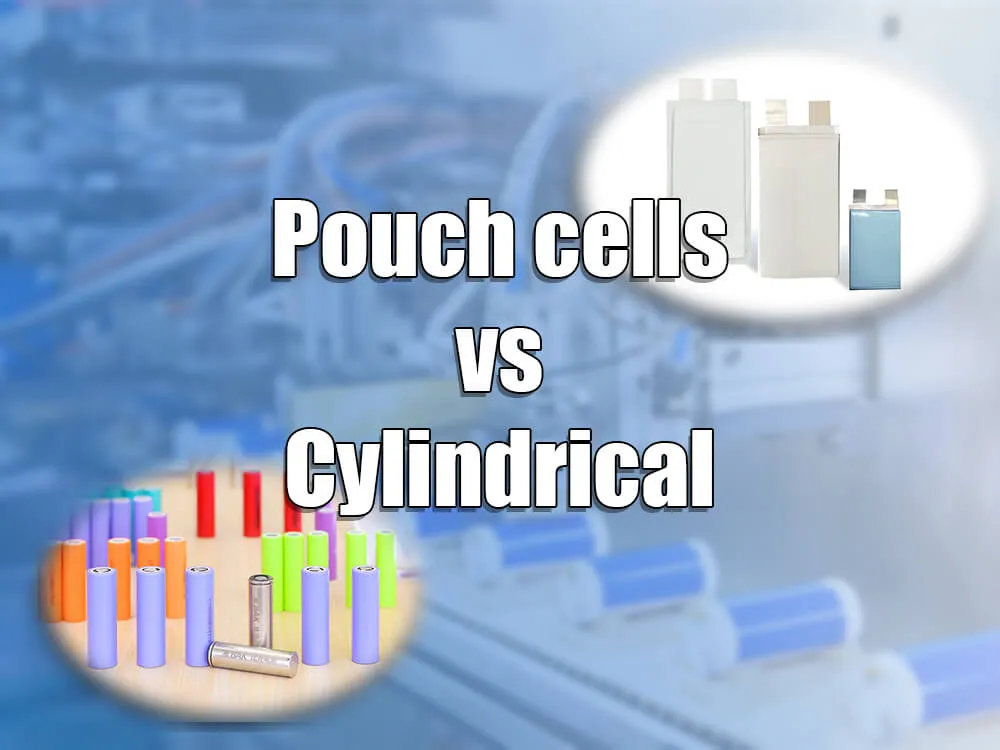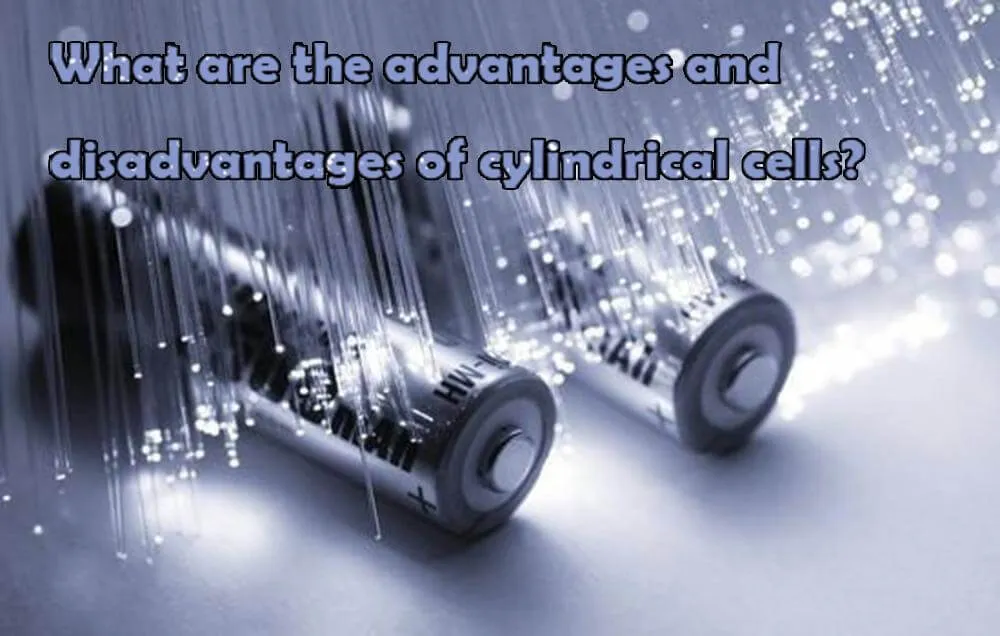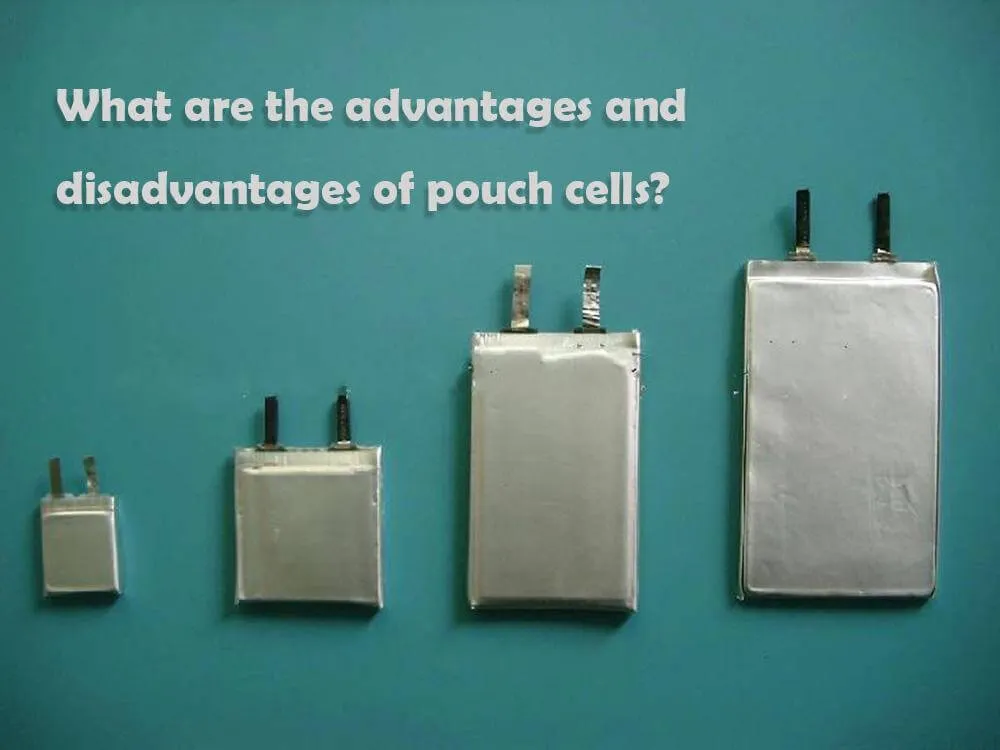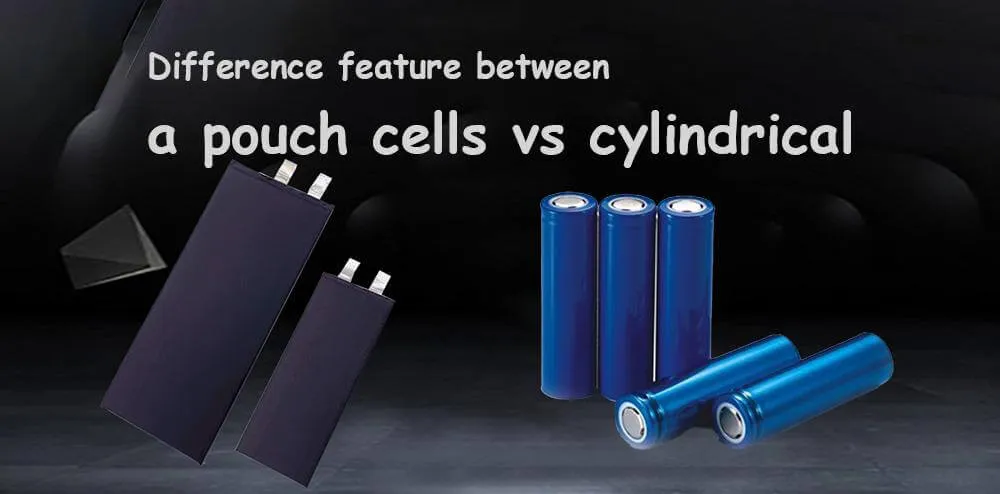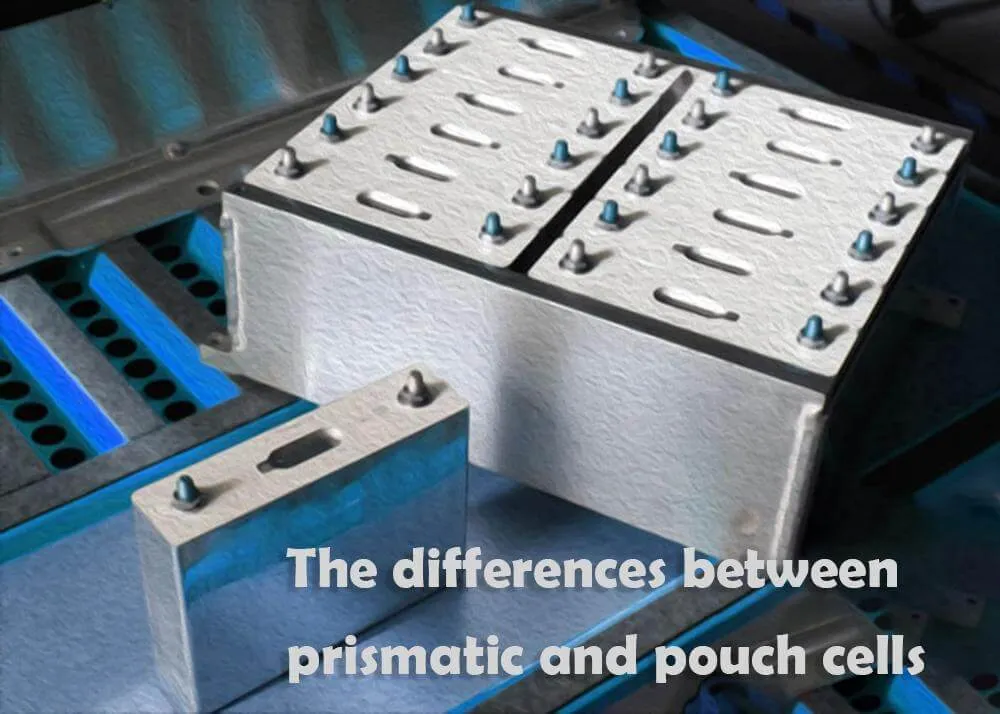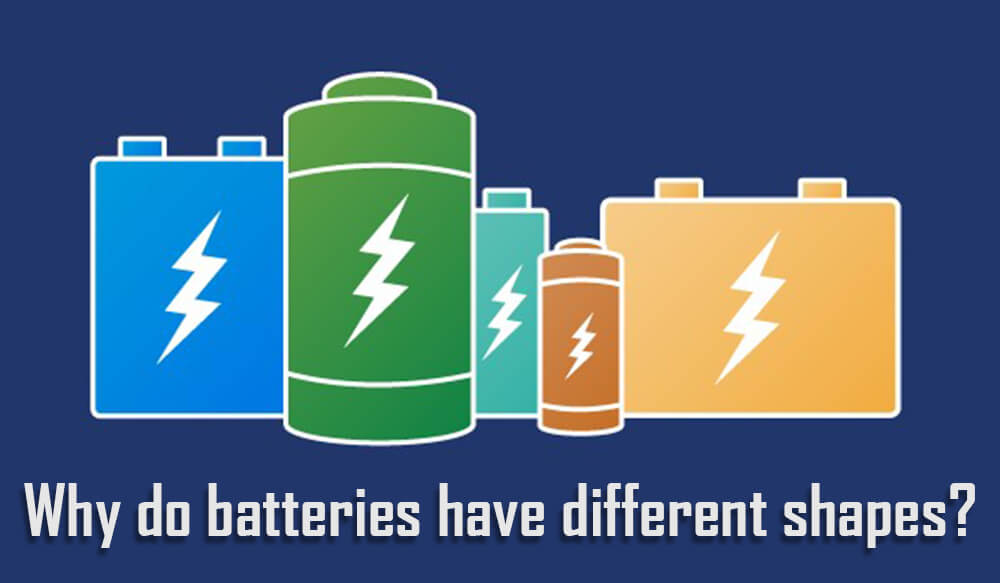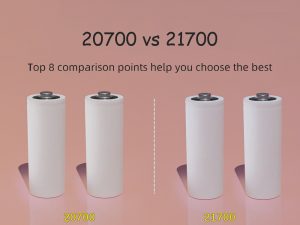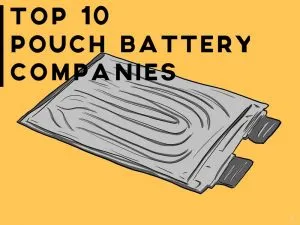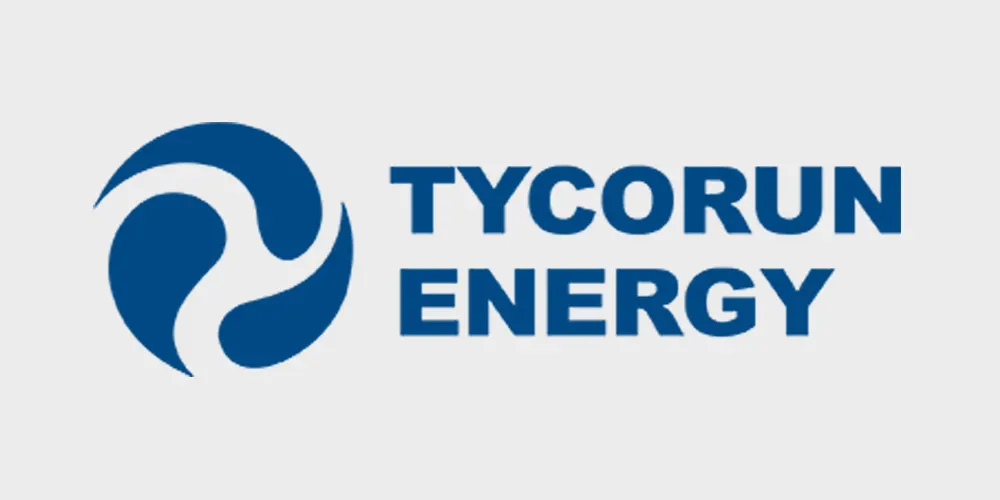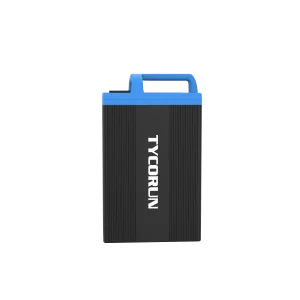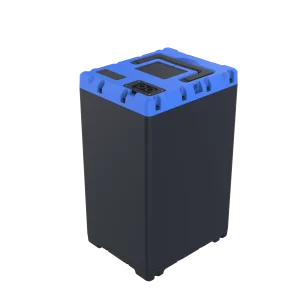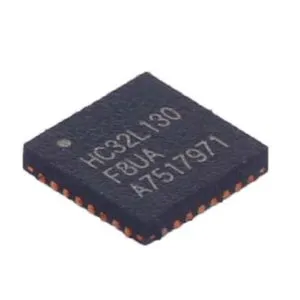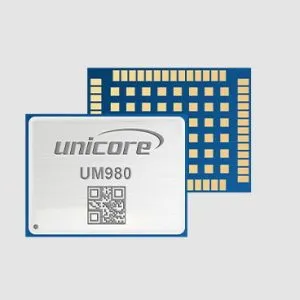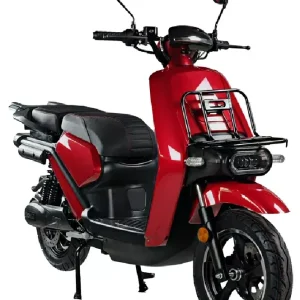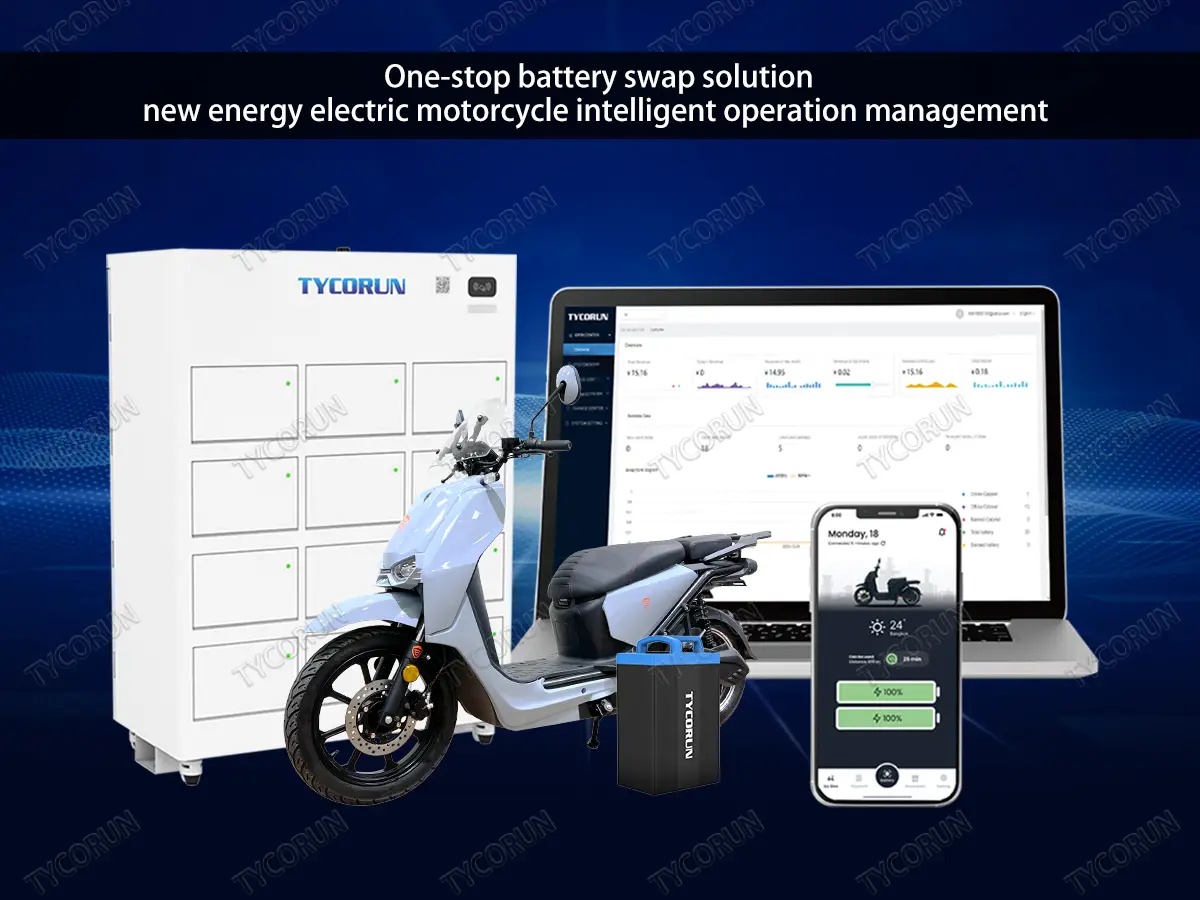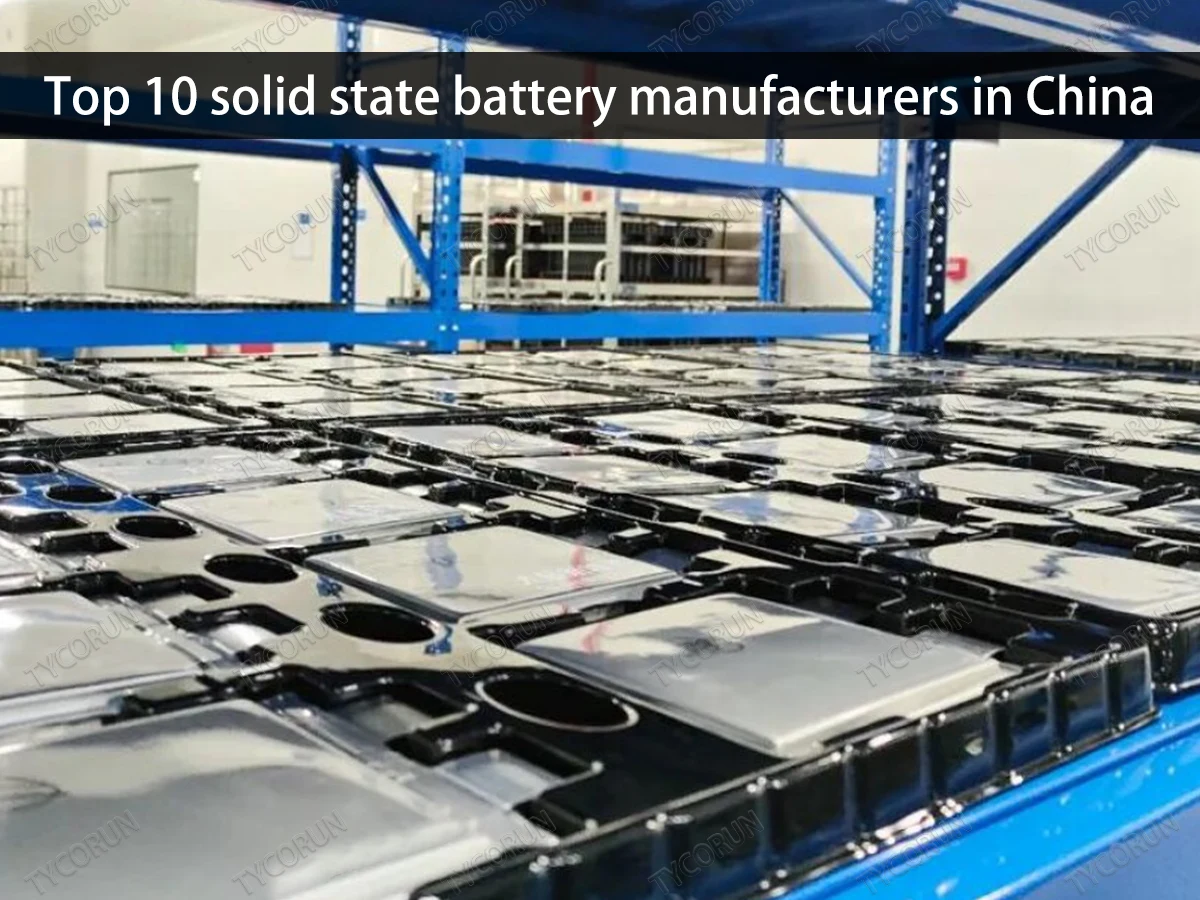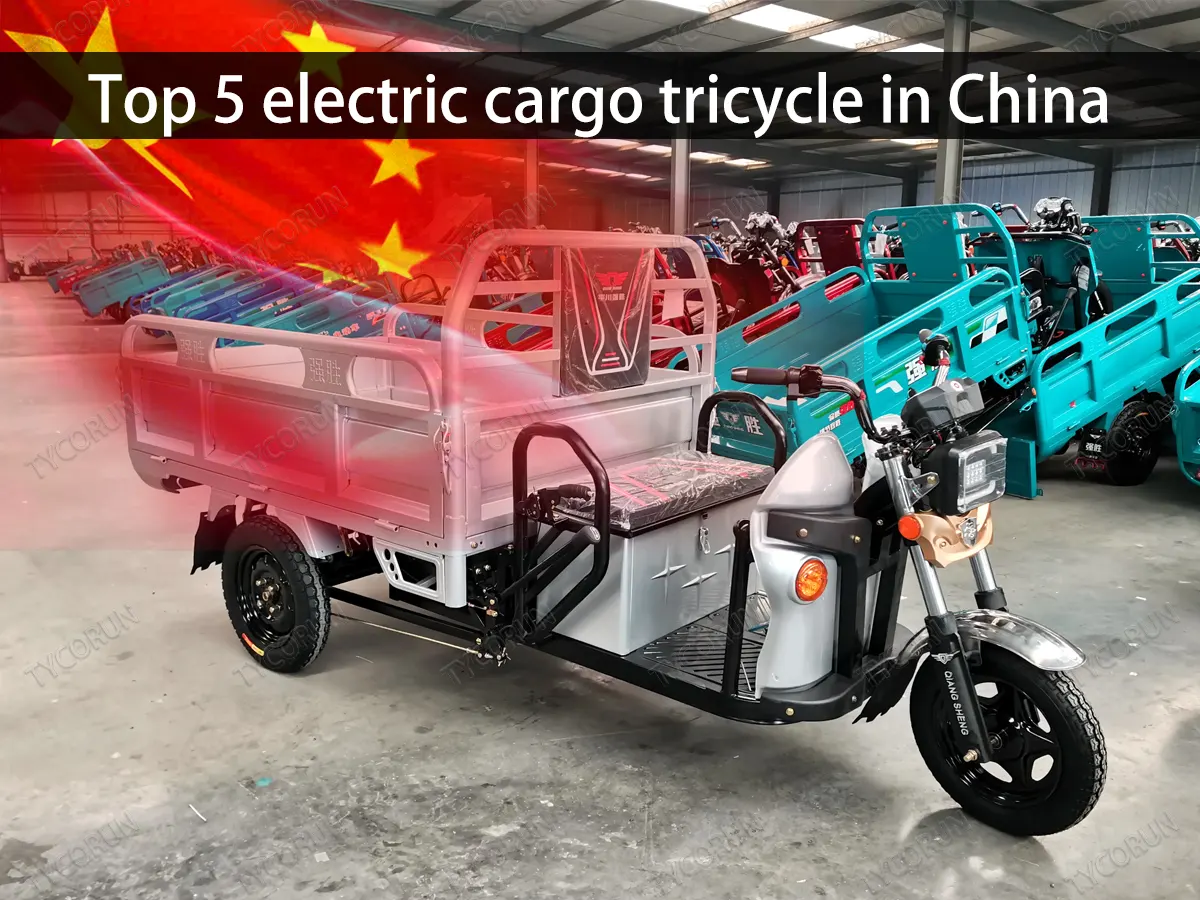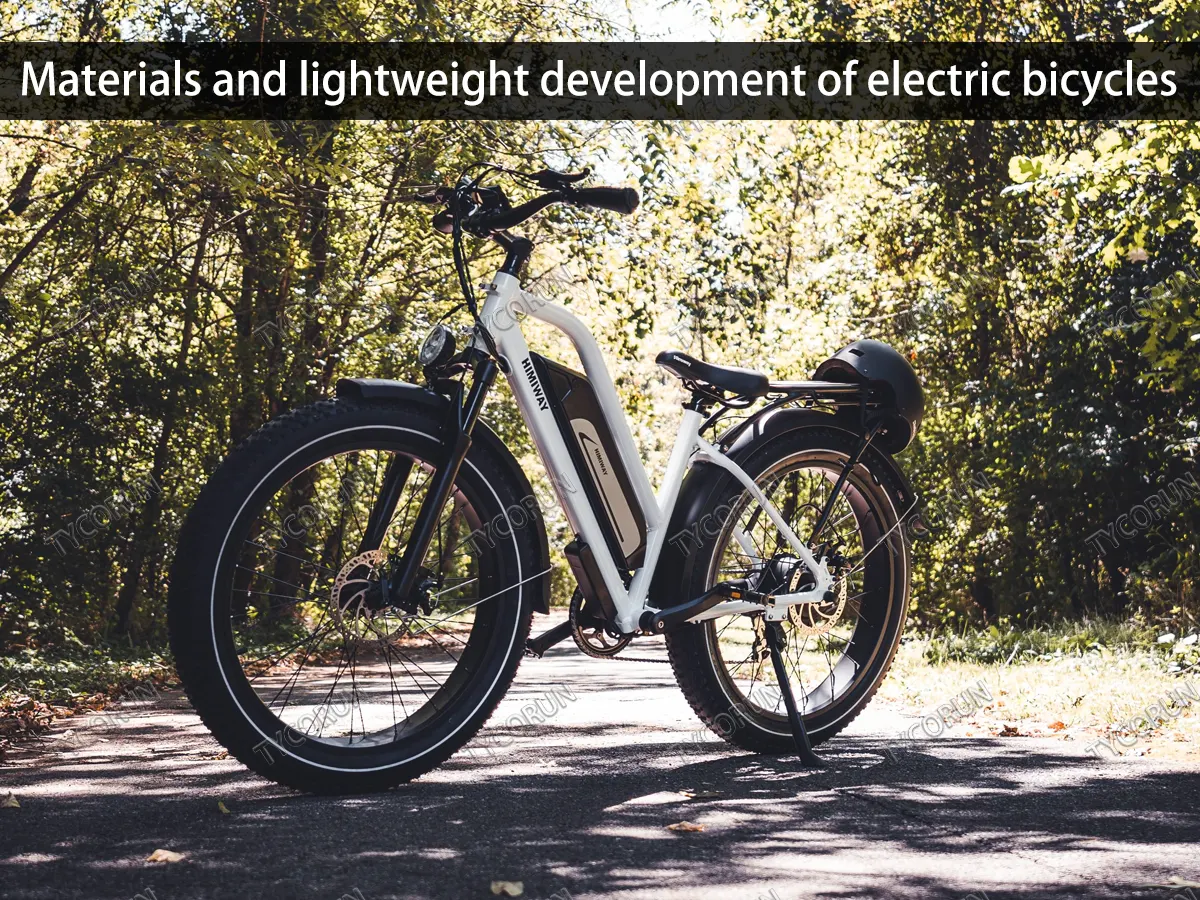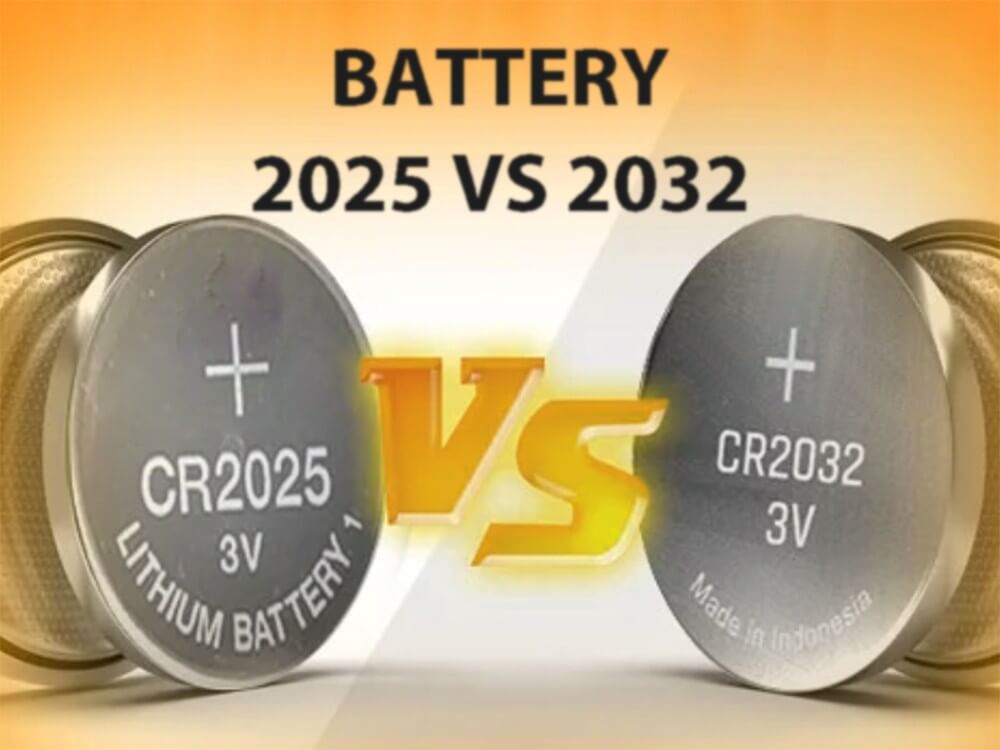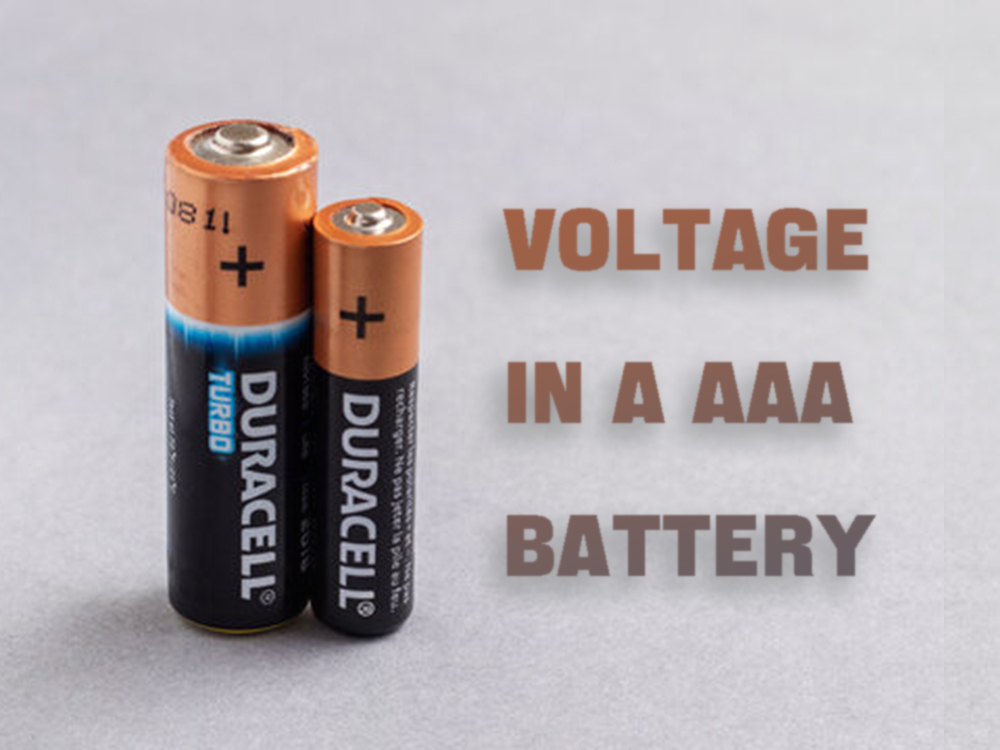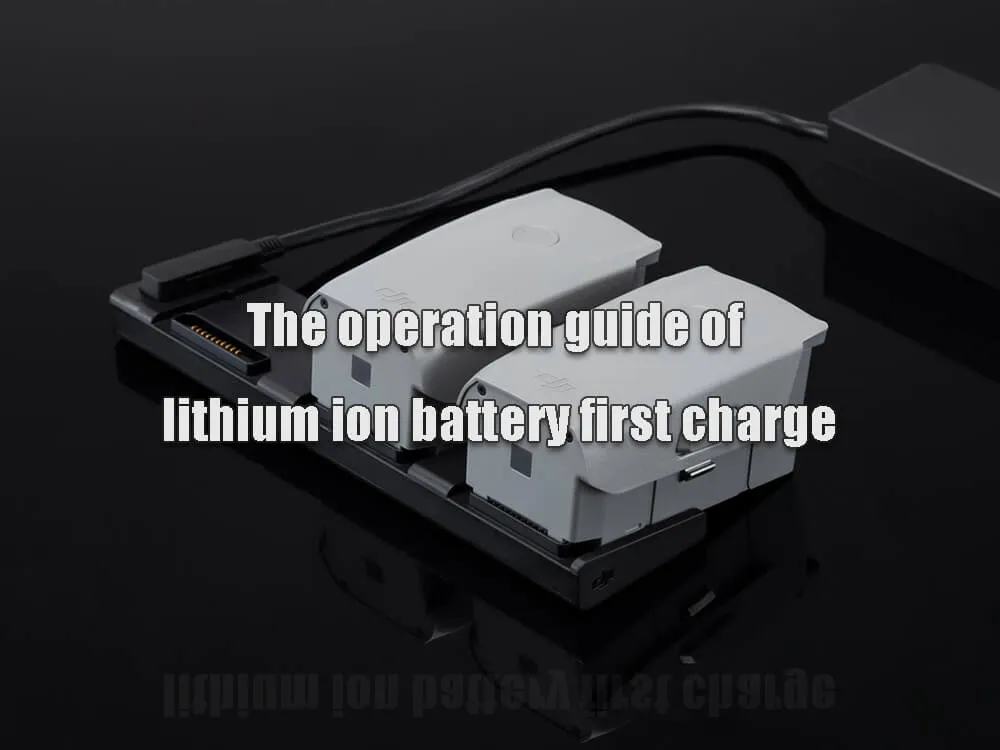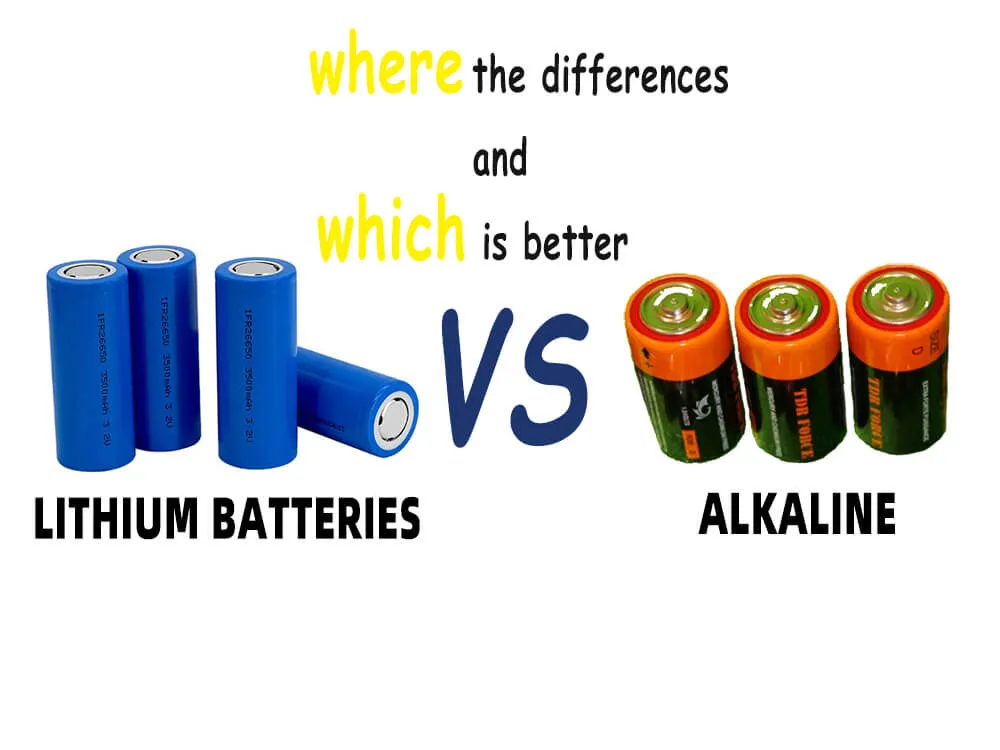Introduction of pouch cells vs cylindrical pros and cons

When pouch cells can customize their size and power requirements, Cylindrical cells do not enjoy the characteristics of arbitrary customization because their process is limited. So, the electronic device manufacturers must design the electrical circuit and the gadget unit to match the cylindrical battery size, power, and capacity options.
Read further below to understand the differences between pouch cells vs cylindrical cells and prismatic batteries.
What is a cylindrical battery
The name cylindrical battery denotes the shape of the battery. It will have a cylindrical metal case, and the anodes, cathodes, and separators are encased tightly. The unique packing will help perform the battery better and protect it from breaking and leakage. The most common cylindrical batteries in our lives are 18650 and 21700 battery.
What are the advantages and disadvantages of cylindrical cells
Cylindrical cells are the most popular batteries used for various electronic and electrical gadgets. Cylindrical cells are mainly used as flashlights, remote control units, electrical toys, power tools, hoverboard battery, medical instruments, drones, etc. Cylindrical batteries are available in rechargeable and non-rechargeable units.
Advantages
● Portability is the main advantage of a cylindrical cell.
● You can use a cylindrical battery without a power connection and do not need wires.
● The production technology is mature and perfect, and the production efficiency is high
● Good sealing performance, high temperature resistance
● Standardized and advanced production reduces production costs.
● It is convenient to combine the battery pack of any device, so it has a wide range of use, such as the 18650 battery, which was widely used in consumer electronics in the early years.
Disadvantages
● The gap between the cells is relatively large
● Cylindrical batteries are generally packaged in steel or aluminum shells, which are relatively heavy.
What are pouch cells
Batteries with polymer-coated aluminum foil casing similar to that of prismatic battery shape are known as pouch cells, one of the differences we can find when comparing pouch cells vs cylindrical cells.
Since it comes in a polymer case, there will be no metal casing for the batteries; hence, it will be lightweight and used extensively on portable gadgets that require low carry weight.
What are the advantages and disadvantages of pouch cells
Advantages
● Good safety performance
● The cell comes packed with polymer-coated aluminum foil casing, making it lightweight.
● When there is a problem, it will only bulge and not explodeEven though it won’t use a metal casing, there is no performance shortfall.
● It can deliver the same power as that of a metal-cased cylindrical battery of the same capacity.
● Its internal resistance is meager, and the internal resistance is less than 35mΩ. Because of this low internal resistance, it will have low-self discharge.
● Arbitrary customization and space saving
● The power capacity of a pouch battery will be higher than that of a steel or aluminum shell battery.
Disadvantages
● The development costs of pouch cells are always high.
● High possibility of leakage
● Overcharging and overheating may result in battery inflation.
Difference feature between a pouch cells vs cylindrical
While comparing pouch cells vs cylindrical and prismatic cells, both prismatic and pouch cells are functionally the same. The two can deliver the necessary power as per their designed chemistry and use for powering electronic/electrical gadgets. But they are physically different in appearance. The prismatic cells come in a solid rectangular case, and punch cells come in a soft polymer aluminum foil case.
In general, cylindrical battery has good heat dissipation performance and high consistency in use, while pouch battery has good cycle performance, good safety and flexible design.
Application of pouch cells vs cylindrical
Square aluminum shell batteries often use lithium iron phosphate materials as large energy storage devices, such as powerwall battery, solar battery…
pouch batteries often use ternary lithium materials as portable devices such as mobile phone batteries and tablet computers, but they are also useful as car batteries
Is the packing efficiency of pouch cells higher than cylindrical cells
Comparing pouch cells vs cylindrical cells, The level of automation in the production of cylindrical batteries will be higher, and the yield rate is higher than that of pouch batteries. The yield rate of pouch batteries is about 90%, while that of cylindrical batteries can reach more than 95%.
The differences between prismatic and pouch cells
Shape
● Prismatic cells come in rectangular box shapes.
● Pouch cells come in adaptable sizes, mostly flat rectangular shapes.
Packaging
● Prismatic cells come in rectangular steel or aluminum casing.
● Pouch cells come in soft polymer aluminum foil chase
Weight
Comparing the weight of prismatic and pouch cells, the pouch battery is more advantageous, which is very suitable for equipment or aircraft that need to be portable and convenient. Square batteries will be heavier
Cost
The technical requirements for the battery material of the prismatic battery are lower than that of the pouch battery, and the overall material cost is about 10% lower than that of the pouch battery under the same capacity. So the pouch battery will be relatively expensive.
FAQs
Are prismatic batteries better
Because of their rectangular shape, prismatic batteries have more advantages than cylindrical and pouch batteries when it matters to layering options. Its rectangular shape gives more flexibility to engineers to design their products.
Why do batteries have different shapes
Depending on the equipment used and its power requirements, the batteries should be able to deliver the required power. So, as per the capacity requirement, there should be small and large batteries. The batteries’ physical shape and utility functions are interrelated, and the shape supports the purpose of meeting the power requirements.
How do pouch cells connect
Pouch cells are connected through the terminal tabs, protruded through the seals, and make the connection with the other pouch cells.
Which battery is best for powerwall
When we compare pouch cells vs cylindrical cells and prismatic batteries, we can find that for Powerwall units, prismatic batteries are ideal because they can customize to match the unit requirements. And which are the best powerwall battery companies? For details, here are Top 10 powerwall manufacturers for home energy storage in the world.


